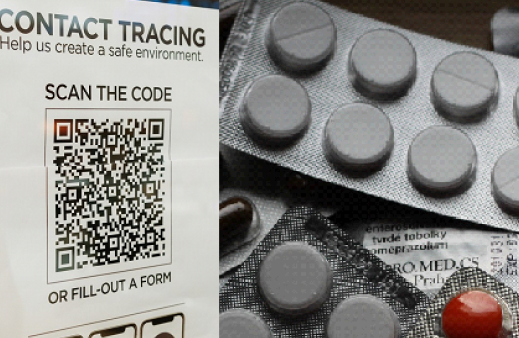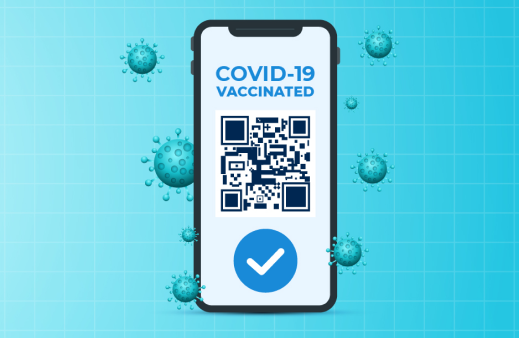
(An Official publication of PharmaSecure)
In what comes as welcome news for the advancement of patient safety, the Indian Government made an important amendment to the Drugs and Cosmetics Act, 1940 on 18th January. From 1st January 2023, all packages of active pharmaceutical ingredients (APIs) made in or imported to India will be required to carry quick response (QR) codes. The coded data must consist of a unique product identification code, name of the APIs, brand name (if any), name and address of the manufacturer, batch no, batch size, date of manufacturing, date of expiry or retesting, serial shipping container code, manufacturing licence number or import licence number, special storage conditions (if any) and link to pricing data controlled by the National Pharmaceutical Pricing Authority.
As India is the biggest manufacturer of generic medicines and the third-largest pharmaceutical industry in the world, this rule is intended to have a worldwide impact on drug safety. In the past two years, the COVID-19 pandemic has not only upended supply chain systems globally but also exacerbated the problem of spurious and substandard drugs. According to a 2017 report by the Associated Chambers of Commerce and Industry of India, about 25% of India’s drugs are falsified, spurious or substandard. Incidentally, key factors included ineffective regulation, faulty distribution and a lack of consumer awareness. Hence, digitisation and traceability are needed to tackle this problem. The introduction of QR codes is a step towards creating a more efficient supply system for pharmaceuticals.
Quick response codes are encrypted codes that provide a unique identity to individual products, making them trackable and traceable in the supply chain. Typically larger than bar codes, they can store more information and can be quickly scanned using a smartphone camera.

Using an intelligent serialization and traceability solution like PharmaSecure’s psID TruTrak, API manufacturers can protect their products and brand. A complete solution that includes our patented software and customisable hardware, it ensures product visibility along the supply chain right from the point of manufacturing to the point of sale. Highly adaptable and robust, it is designed to seamlessly take care of all your serialization needs.

pharmasecue / August 26, 2022

pharmasecue / January 17, 2022

pharmasecue / December 27, 2021